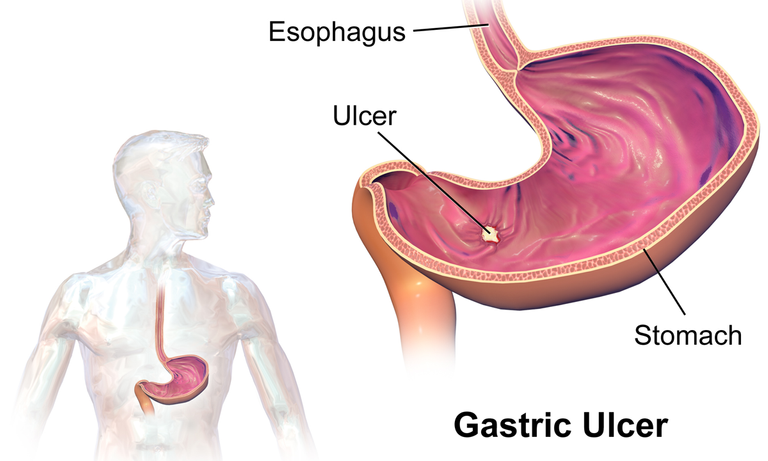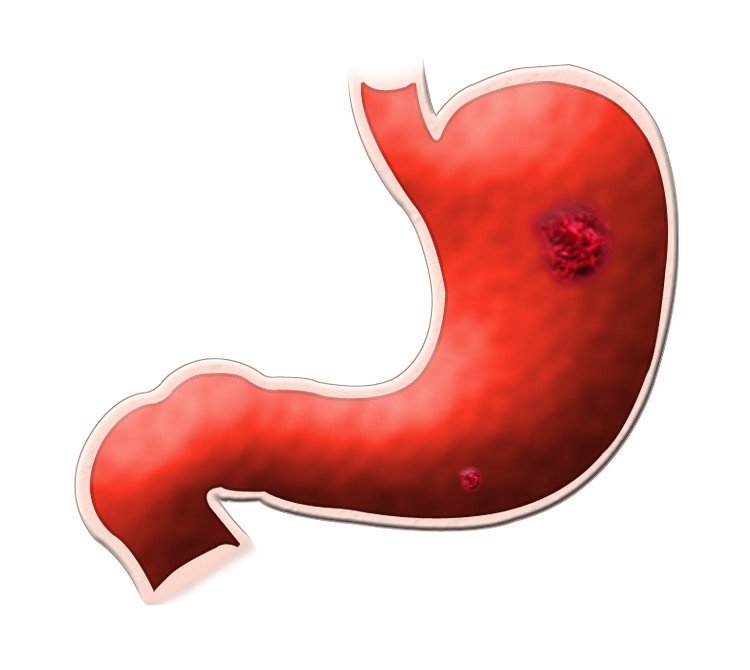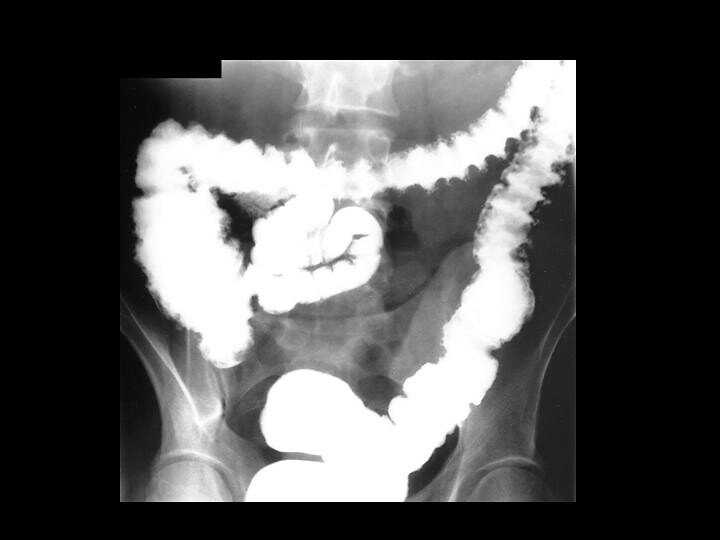For years, I have believed stomach ulcers to be a result of extreme hunger. I mean, there was even a roadside nurse we often visited when we were younger, and she would often remind me of the need to eat well and consistently if I didn't want to have an ulcer since my siblings always complained a lot about my refusal to eat well.

Image Source
It was a shock to me when a doctor, through a chat, told me that a stomach ulcer wasn't caused by lack of timely eating. Are you pulling my leg? I asked, because this is the belief I have had for years. Have you had the same belief? Anyways, let's change our mindset and learn a bit more about it.
Another name for stomach ulcers is gastric ulcers. They are painful sores that appear in the stomach lining. Remember we have different types of ulcers, but a stomach ulcer is a type of peptic ulcer, and peptic ulcers are ulcers that affect the stomach and small intestines.
Stomach ulcers come into existence when the thick layer of mucus responsible for the protection of your stomach from digestive juice is reduced. When this happens, the digestive acid eats away the tissues that line the stomach, therefore creating a situation of an ulcer.

Image Source
It's possible for stomach ulcer situations to be easily cured, but they can become very serious in a case of improper treatment. So, if I agree with my doctor friend that stomach ulcers are not caused by not eating well, then what causes them then?
An infection with the bacterium Helicobacter pylori (H.pylori). Although so many people carry the bacteria H.pylori naturally, it is not so clear why these bacteria only cause ulcers in some people.
The bacteria spreads through water and food, living in the mucus that coats the lining of the stomach and duodenum, they further produce urease, which is an enzyme responsible for neutralizing stomach acid by making it less acidic.
In reaction, the stomach produces more acid, which irritates the lining of the stomach. The bacteria also gets the defense system of the stomach weak, causing inflammation.
Another cause of stomach ulcers is the long-term use of nonsteroidal anti-inflammatory drugs; examples of such medications are ibuprofen, aspirin, or naproxen. When the stomach is no longer able to create a protective layer of mucus, it makes it more susceptible to damage by stomach acid. The extensive use of these medications can also go as far as affecting the flow of blood to the stomach, reducing the ability of the body to repair cells.

Image Source
Genetics is also a suspected cause of stomach ulcers, as people who have them always have a similar experience of ulcers with close relations.
Excessive consumption of alcohol can irritate the stomach lining and increase acidity. People who smoke a lot could develop stomach ulcers.
Stress as well can be a trigger to the existence of a stomach ulcer, although there are conflicting reports to this claim, as some researchers do not agree to this point. A particular study shows that psychological stress could increase the occurrence of peptic ulcer.
A stomach ulcer comes with a feeling of a sore spot around the upper abdomen, between the breastbone and bellybutton, a little to the left. The pain feels like an acid burn in the stomach or like something is biting you inwardly.
This feeling is real, because there are enzymes and stomach acid, as well as other chemicals that are eating away at the wound. It sometimes comes with a feeling of indigestion for some people too, which brings fullness and stomach pain.
Heartburn, acid reflux, bloating, nausea, and vomiting are other symptoms that people experience when there is an ulcer. There are silent ulcers too; these ones do not show any symptoms until it leads to complications like bleeding or perforation.
The complications attached to stomach ulcer cancer lead to bleeding ulcers. Moderate blood loss could lead to anemia, while severe blood loss could lead to shock.

Image Source
A perforated ulcer erodes all the way through the stomach wall, but this is an emergency. The bacteria and stomach acids that leak from the hole into the abdominal cavity could create an infection. Infection in the abdominal cavity can spread easily into the bloodstream, leading to sepsis.
Most cases of ulcers can be treated with a prescription from your doctor, but that's only when it is noticed on time and reported for treatment. In other cases, however, surgery may be required.
While we know now that food is not a cause of stomach ulcers, it remains important that we feed well and healthy too. Some food even helps to fight off H. pylori or boost the body's bacteria. Fruits, vegetables, olive oil, and other healthy food options are important for good growth and healthy living.
Preventing the spread of bacteria that causes stomach ulcers lies within our hands a little bit; it means we need to consistently and properly wash our hands with soap and water. All food utensils also need to be cleaned properly.
The use of medications should also be limited or possibly stopped, except for the recommended dosage. Ensure that the medication, when prescribed, is taken with adequate water and food, and never taken when it is not prescribed by an expert.
For Further Studies
https://www.ncbi.nlm.nih.gov/books/NBK537128/
https://www.healthline.com/health/stomach-ulcer#prevention
https://my.clevelandclinic.org/health/diseases/22314-stomach-ulcer
https://www.medicalnewstoday.com/articles/9273#treatment
https://www.mayoclinic.org/diseases-conditions/peptic-ulcer/symptoms-causes/syc-20354223
https://www.medicalnewstoday.com/articles/312045#causes

Hi, I am Tobi, a writer, speaker, relationship blogger, and lover of good music. I love making friends and learning from people. If you want to hear me speak about relationships and general life issues, you can find my YouTube channel where you can watch any episode for free, please do not forget to subscribe, friends. I sincerely appreciate every love I get from here, Kindly do well to keep them coming.
